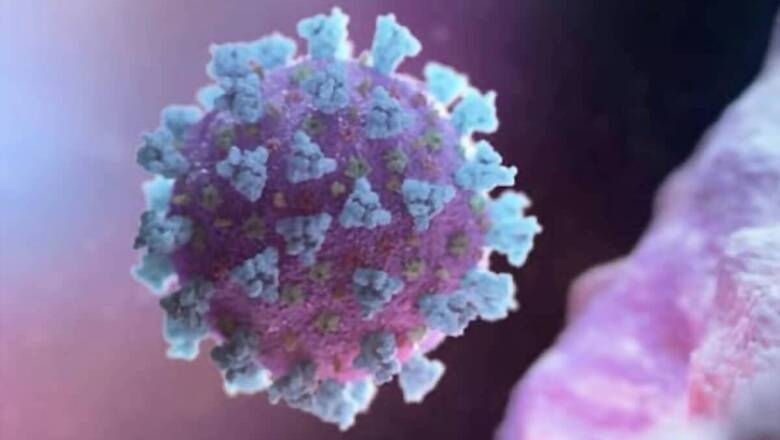
views
New Delhi: The threat of growing prevalence and complexity of antimicrobial resistance (AMR) is emerging and it is important to strengthen nodal institutions with human resources for detection of such resistance, according to the Niti Aayog. According to the report, titled 'Vision 2035: Public Health Surveillance in India: A White Paper', data on AMR in India appears to be too little and too patchy to make meaningful assessment and intervention.
An important threat that is emerging is the growing prevalence and complexity of anti-microbial resistance (AMR), the government think-tank said in the report. Antimicrobial resistance occurs when microorganisms such as bacteria, viruses, fungi and parasites change in such a way that the medications used to cure the infections they cause get ineffective.
"It would be important to strengthen nodal institutions with human resource, infrastructure, equipment and supplies for genotype, phenotype, detection of pathogenic mutants and for antimicrobial resistance," the report added. It added that between 2008, when the gene was first detected in a Swedish patient of Indian origin who had travelled to India that year, and 2019 when it was traced in Arctic, the gene has been found in over 100 countries and with new variants, confirming the rapid spread of antimicrobial resistance.
"Factors that contribute to AMR include overuse and misuse of antibiotics through self-medication," the report said. Indiscriminate access to antibiotics without prescription, use of pharmacies and informal healthcare providers as basic sources, and the lack of knowledge about when to use antibiotics also contributed to the AMR, it added.
According to the report, the addition of antibiotics to agricultural feed also promotes drug resistance. Noting that it is widely known that India bears high burden of AMR, the report said, "But, in the absence of detailed data, it is difficult to accurately estimate the size of the burden." AMR has been recognised as one of the top priority focus areas of the WHO, which has called for convergence between stakeholders and adoption of a 'One-Health' approach in tackling this challenge.
In April 2017, the Ministry of Health and Family Welfare launched the National Action Plan on AMR, which highlighted the need to tackle AMR across multiple sectors such as human health, animal husbandry, industry and environment in line with the 'One-Health' approach. The report also noted that the ICMR collects AMR data from 25 public and private hospitals and laboratories.
"While this is an important part, there is an urgent need to expand on this for a country as vast and diverse as India," it said. According to the report, a number of new infections have emerged, and pathogens and diseases have re-emerged with resistant or mutant strains.
"Seventy-five per cent of emerging/re-emerging diseases are zoonotic and, therefore, a system of active animal surveillance…is critical. "Travel, trade and migration are growing and people's exposure to more exotic food, exotic animals and travelling to exotic locations is increasing," it noted.
.
Read all the Latest News, Breaking News and Coronavirus News here




















Comments
0 comment